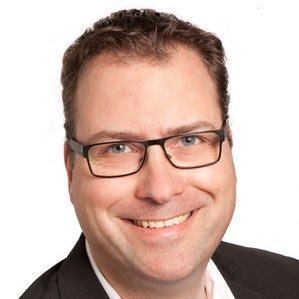A broader view on containment
How can we help the entire group in the best possible manner? asks Dutch expert

Leigh Spielberg
Published: Sunday, March 22, 2020
 Christian Hoebe
Christian HoebeHow can we help the entire group in the best possible manner? asks Dutch expert

Published: Sunday, March 22, 2020
 Christian Hoebe
Christian Hoebe